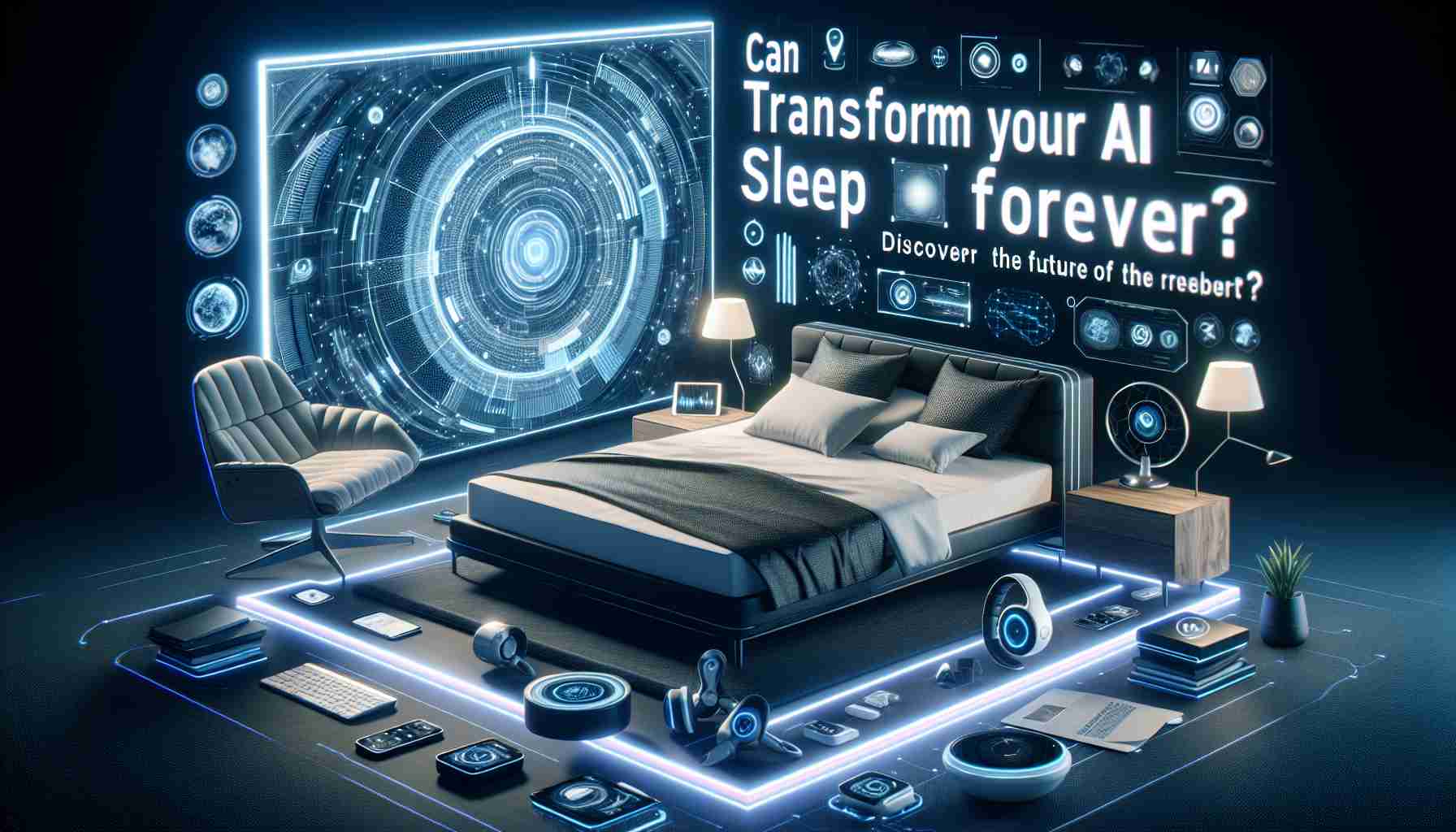In today’s fast-paced world, quality sleep is often elusive, yet it remains essential for overall health and productivity. With groundbreaking advancements in technology, a new era of sleep enhancement is emerging, offering solutions that leverage Artificial Intelligence (AI) to tackle age-old sleep problems.
Recent developments have seen the rise of smart sleep devices equipped with AI algorithms that monitor and analyze sleep patterns with remarkable accuracy. Unlike traditional sleep monitoring gadgets that provide basic data, these AI-enhanced devices dive deeper by learning from your unique sleep habits and providing personalized insights. This customized feedback helps users implement changes that could significantly improve sleep quality.
A standout feature of AI in sleep tech is its advancement in predictive analytics. By analyzing vast datasets of sleep behavior, AI can predict potential issues before they arise, such as sleep disorders or irregularities, and suggest interventions. Moreover, the integration of AI with smart home systems can create an optimized sleep environment by adjusting light, temperature, and sound to suit individual preferences.
The future of AI-driven sleep technology also holds promise for individuals suffering from chronic sleep conditions. In combination with medical oversight, AI tools are providing more precise diagnostics and treatment plans, offering hope for those who have long struggled with insomnia and apnea-related illnesses.
As AI continues to evolve, its role in revolutionizing how we manage and improve sleep habits becomes increasingly significant. So, can AI really transform your sleep forever? The future seems bright, or rather, perfectly dark and restful.
Unlocking the Secrets of Sleep: How AI is Reshaping Rest
In an era where technology infiltrates every aspect of life, the domain of sleep is not left untouched. The intersection of Artificial Intelligence (AI) and sleep technology brings forth innovations that could reshape how we perceive rest and address sleep-related challenges.
One compelling aspect of AI-enhanced sleep devices is their potential to democratize sleep research. By collecting vast amounts of data from users worldwide, these devices enable large-scale studies on sleep patterns and disorders far beyond what traditional methods could achieve. This could lead to faster discoveries and better public health guidelines.
However, this advancement also raises ethical questions regarding data privacy. With AI devices constantly collecting personal information, users are rightfully concerned about who has access to their data and how it’s used. Are tech companies prioritizing user privacy, or is this the dawn of a new surveillance era under the guise of health improvement?
Beyond privacy issues, the cost of AI-based sleep devices is another factor to consider. While affluent individuals may easily access these technologies, it leaves open the question of whether these advancements will widen the gap in healthcare access.
On the brighter side, AI brings the possibility of custom solutions for sleep disorders, tailoring interventions to fit every individual’s unique needs. Could these innovations finally lead to breakthroughs in treating chronic conditions such as insomnia?
In summary, AI is set to redefine how we perceive and improve our sleep, but the journey entails navigating complex technology and ethical landscapes. For more insights on the interplay between tech and health, visit cnet and techcrunch.
https://youtube.com/watch?v=7kuUdz8oZrU







